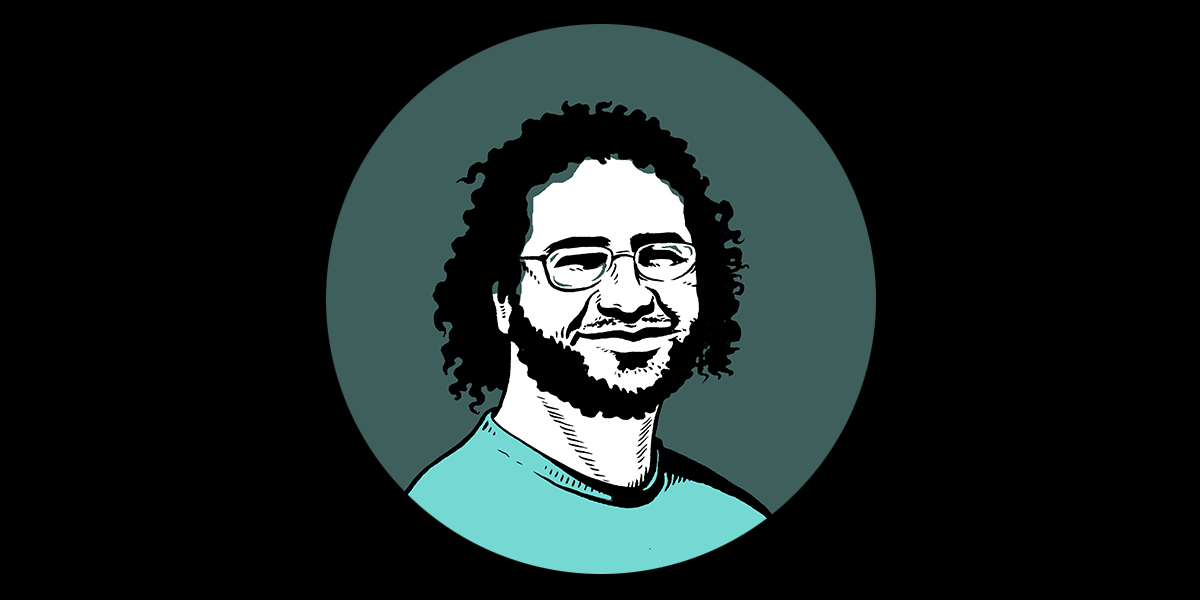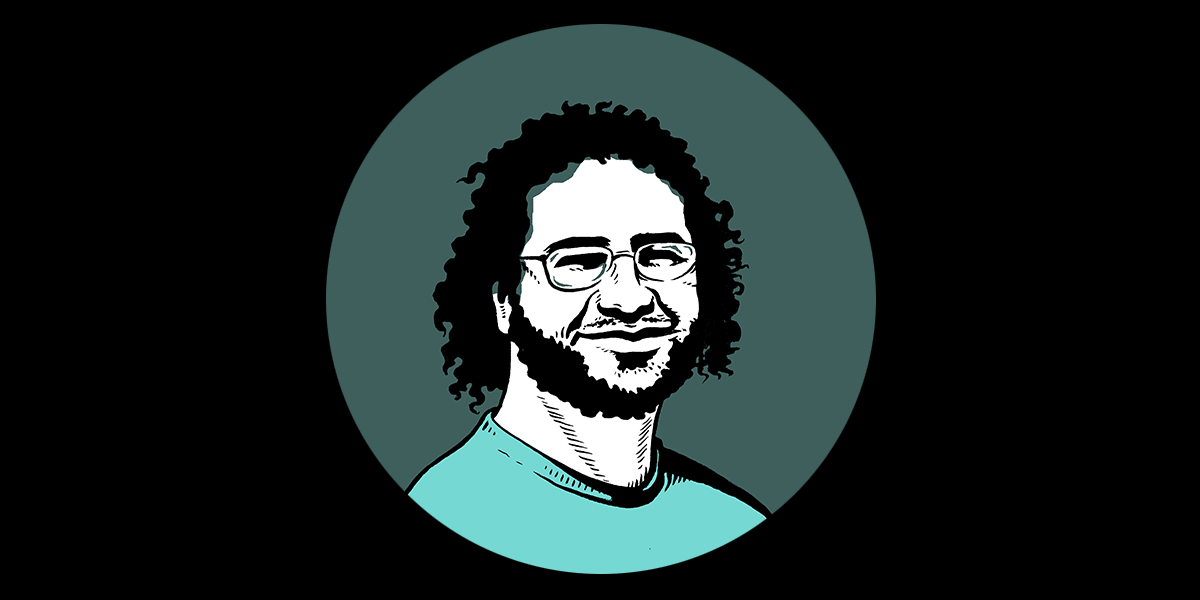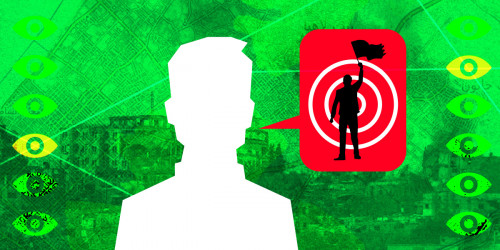Alaa Abd El Fattah is finally free and at home with his family. On September 22, it was announced that Egyptian President Abdel Fattah al-Sisi had issued a pardon for Alaa’s release after six years in prison. One day later, the BBC shared video of Alaa dancing with his family in their Cairo home and hugging his mother Laila and sister Sanaa, as well as other visitors.
Alaa's sister, Mona Seif, posted on X: "An exceptionally kind day. Alaa is free."
Alaa has spent most of the last decade behind bars, punished for little more than his words. In June 2014, Egypt accused him of violating its protest law and attacking a police officer. He was convicted in absentia and sentenced to fifteen years in prison, after being prohibited from entering the courthouse. Following an appeal, Alaa was granted a retrial, and sentenced in February 2015 to five years in prison. In 2019, he was finally released, first into police custody then to his family. As part of his parole, he was told he would have to spend every night of the next five years at a police station, but six months later—on September 29, 2019—Alaa was re-arrested in a massive sweep of activists and charged with spreading false news and belonging to a terrorist organisation after sharing a Facebook post about torture in Egypt.
Despite that sentence effectively ending on September 29, 2024, one year ago today, Egyptian authorities continued his detention, stating that he would be released in January 2027—violating both international legal norms and Egypt’s own domestic law. As Amnesty International reported, Alaa faced inhumane conditions during his imprisonment, “including denial of access to lawyers, consular visits, fresh air, and sunlight,” and his family repeatedly spoke of concerns about his health, particularly during periods in which he engaged in hunger strike.
When Egyptian authorities failed to release Alaa last year, his mother, Laila Soueif, launched a hunger strike. Her action stretched to an astonishing 287 days, during which she was hospitalized twice in London and nearly lost her life. She continued until July of this year, when she finally ended the strike following direct commitments from UK officials that Alaa would be freed.
Throughout this time, a broad coalition, including EFF, rallied around Alaa: international human rights organizations, senior UK parliamentarians, former British Ambassador John Casson, and fellow former political prisoner Nazanin Zaghari-Ratcliffe all lent their voices. Celebrities joined the call, while the UN Working Group on Arbitrary Detention declared his imprisonment unlawful and demanded his release. This groundswell of solidarity was decisive in securing his release.
Alaa’s release is an extraordinary relief for his family and all who have campaigned on his behalf. EFF wholeheartedly celebrates Alaa’s freedom and reunification with his family.
But we must remain vigilant. Alaa must be allowed to travel to the UK to be reunited with his son Khaled, who currently lives with his mother and attends school there. Furthermore, we continue to press for the release of those who remain imprisoned for nothing more than exercising their right to speak.











